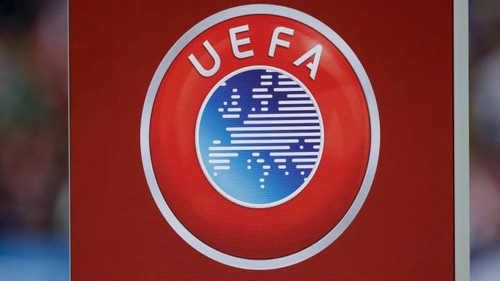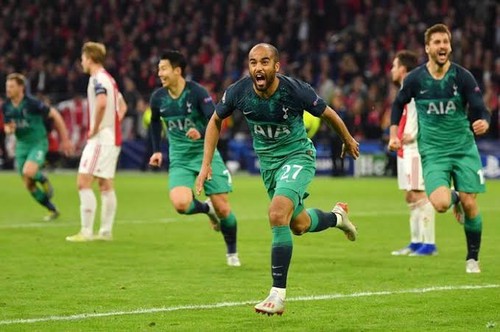A few days ago, the European football governing body, UEFA announced that the away goal rule will cease to function, beginning from the 2021/2022 season.

The rule was before now used in two-legged games in UEFA competitions, especially in the knockout stages. This rule allowed a team who scored more goals away from home progress ahead of the home team in cases where they are tied on the aggregate number of goals scored.
According to UEFA president, Aleksander Ceferin, the decision to scrap the rule was not a unanimous one, however, it was more favored.
In this piece, we take a look at the main reason why the rule was initially postulated, what it had done in the past and what it's proscribtion means going forward.
How it started
It was reported that the initiators of the idea when it was first introduced in 1965, wanted the rule geared towards encouraging away teams to play attacking football.
The travelling and security conditions back them were deemed not to be at the best and it was felt that, allowing goals scored away from home count more would serve as a compensation for travelling teams, after going through all the aforementioned hurdles.
Its fruits over time
Taking us back memory lane to just a couple of years back, the away goal rule has broken a lot of hearts. Chelsea fans will never forget the last minute goal by Andreas Iniesta in 2009 to send the Blues packing on the account of away goal rules in the semifinal of the Champions League.

In 2018, AS Roma went away to Barcelona at the Camp Nou and although they lost the first leg, they got a vital away goal in the 4-1 loss. In the reverse fixture at the Stadio Olimpico, Roma defeated Barcelona 3-0. With scores levelled at 4-4 on aggregate, the Italian side progressed having scored an away goal which Barcelona were unable to replicate.
Just few months later in the 2018/2019 season, Tottenham were beneficiaries this time, in fact, in two successive rounds. In the semifinal first leg, the lost 0-1 to Ajax at home but went away to win 2-3 in Amsterdam, sending the Dutch side packing. This was just after eliminating Manchester City in the quarterfinal by the same measure.
What the abolishment portends
The decision to scrap the rule by UEFA has as expected, met different reactions. While some applauded the decision as long due, others feel it will take the intrigues off games.
This means that for every game that ends in an aggregate draw moving forward, we will have an additional 30 minutes of play (extra time) and then penalty if the score is still levelled.

We have seen how teams go away from home to get a vital away goal or maybe two, and then go back home to play defensive cum negative football in the return leg. This has to an extent killed the beautiful nature of the game as teams are now contented with sitting back and not willing to play football.
Following the scrapping of this rule, this means teams will now take every fixture, either home or away seriously and equally. The era of searching for a vital away goal has now ended.
Whether or not this would be good for the game, we can only tell by experiencing it.
What you feel about the decision? Good or bad?
Comments